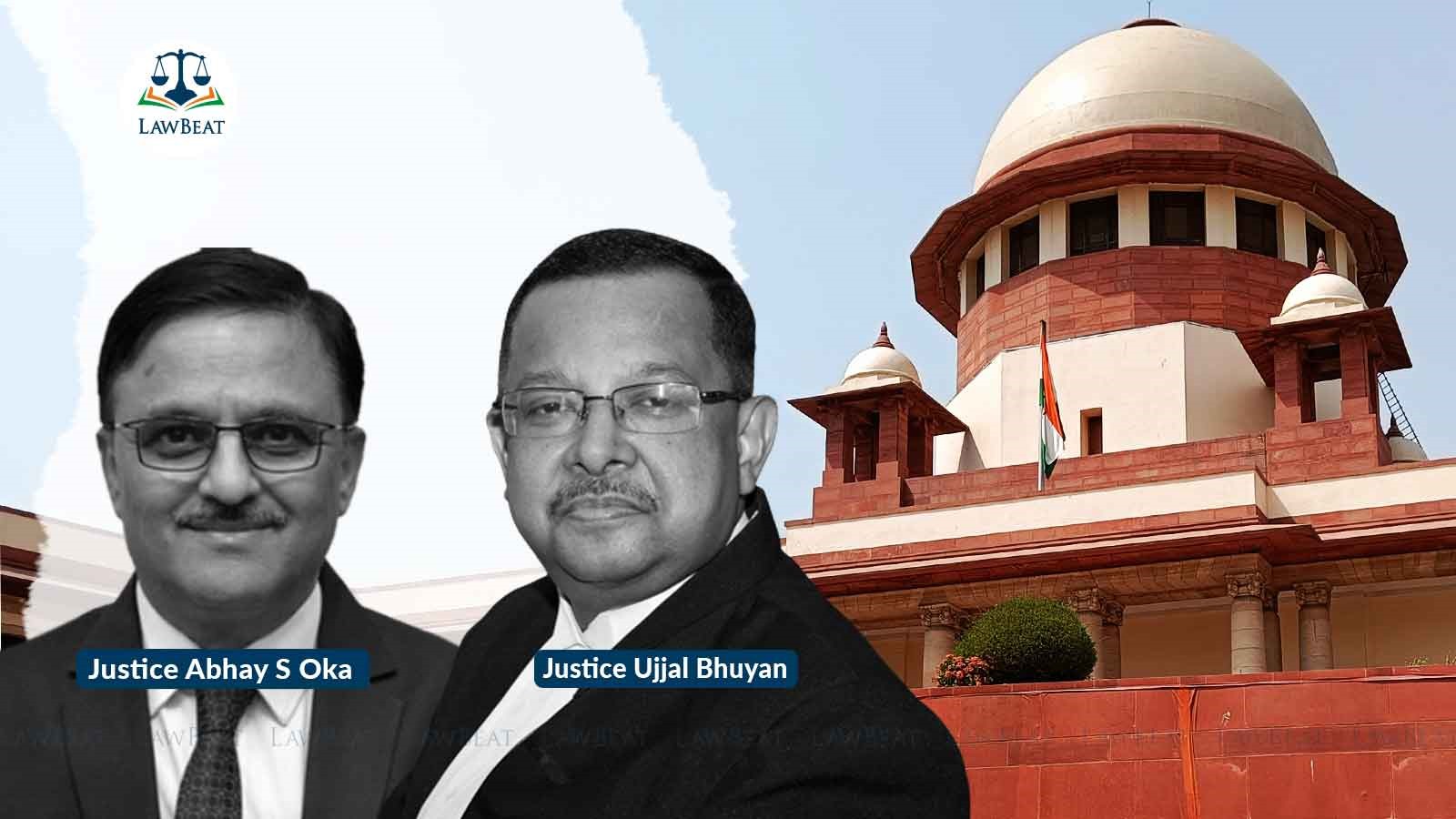Filing Criminal Complaint After Dismissal of Contempt a Misuse of Legal Process: SC

The court quashed a complaint filed before a judicial magistrate against officers of Special Armed Forces, Madhya Pradesh for alleged trespass and other offences after noting that cognisance in the criminal proceedings was taken after dismissal of a contempt plea by the High Court
The Supreme Court has said when the cause of filing of a contempt case and criminal proceedings is the same, taking cognisance of the complaint by the magistrate, wherein there is no disclosure of dismissal of the contempt plea, would be an abuse of the process of law.
The apex court quashed a complaint filed before a judicial magistrate against officers of then Special Armed Forces, Madhya Pradesh for alleged trespass and other offences after noting that cognisance in the criminal proceedings was taken after dismissal of a contempt plea by the High Court.
"The fact that the contempt petition was filed has not even been disclosed in the statement of the first petitioner recorded in the complaint. The first respondent did not challenge the dismissal of the contempt petition. In view of the finding recorded in the contempt petition by the High Court, taking the cognizance of the said complaint was surely an abuse of the process of law. The cognizance was taken after the dismissal of the contempt petition by a detailed order," a bench of Justices Abhay S Oka and Ujjal Bhuyan said.
The court also noted in substance, the cause of action for filing the contempt petition and the alleged cause of action for filing the complaint was substantially the same.
"It is surprising that though the contempt petition was already filed in 2016, the said fact has not been mentioned in the complaint filed by the first respondent in the year 2017," the bench said.
The court also pointed out there is another factual aspect of the matter. In the examination of the first respondent on oath in the complaint, he has not given even the date on which alleged acts of encroachment and administering threats were made at the instance of the appellants.
In the complaint, the court noted the allegation is that on January 8, 2017, the appellants broke the fencing and gave abuses/threats to the complainant.
"Surprisingly, this issue was not raised in the contempt petition, which was pending till October 11, 2017. Witness number two and three in the deposition do not name the appellant no 1 Murari Lal Chhari at all. The two witnesses have not given even the approximate dates of the alleged incidents," the bench noted.
The court therefore held that the further prosecution of the complaint was itself an abuse of the process of law. The High Court ought to have quashed the complaint, it said.
The court set aside the High Court and quashed the order of the Magistrate taking cognisance.
The matter arose our of a compliant filed by Munishwar Singh Tomar and another in 2017 under Section 200 of CrPC was alleging the commission of offences under Sections 323, 294, 427, 341, 447, 506B read with Section 34 and Sections 107, and 141 of the Indian Penal Code.
The allegation was that the first appellant attempted to violate the decree of the High Court in the Second Appeal and trespass upon the suit property. The High Court had dismissed the Contempt Petition on October 11, 2017.
The High Court held that the demarcation of the suit property bearing Survey nos. 1822 and 1823 was carried out ex-parte by the first respondent in the absence of a representative of SAF. It was observed that a boundary dispute has cropped up between the SAF and the first respondent.
